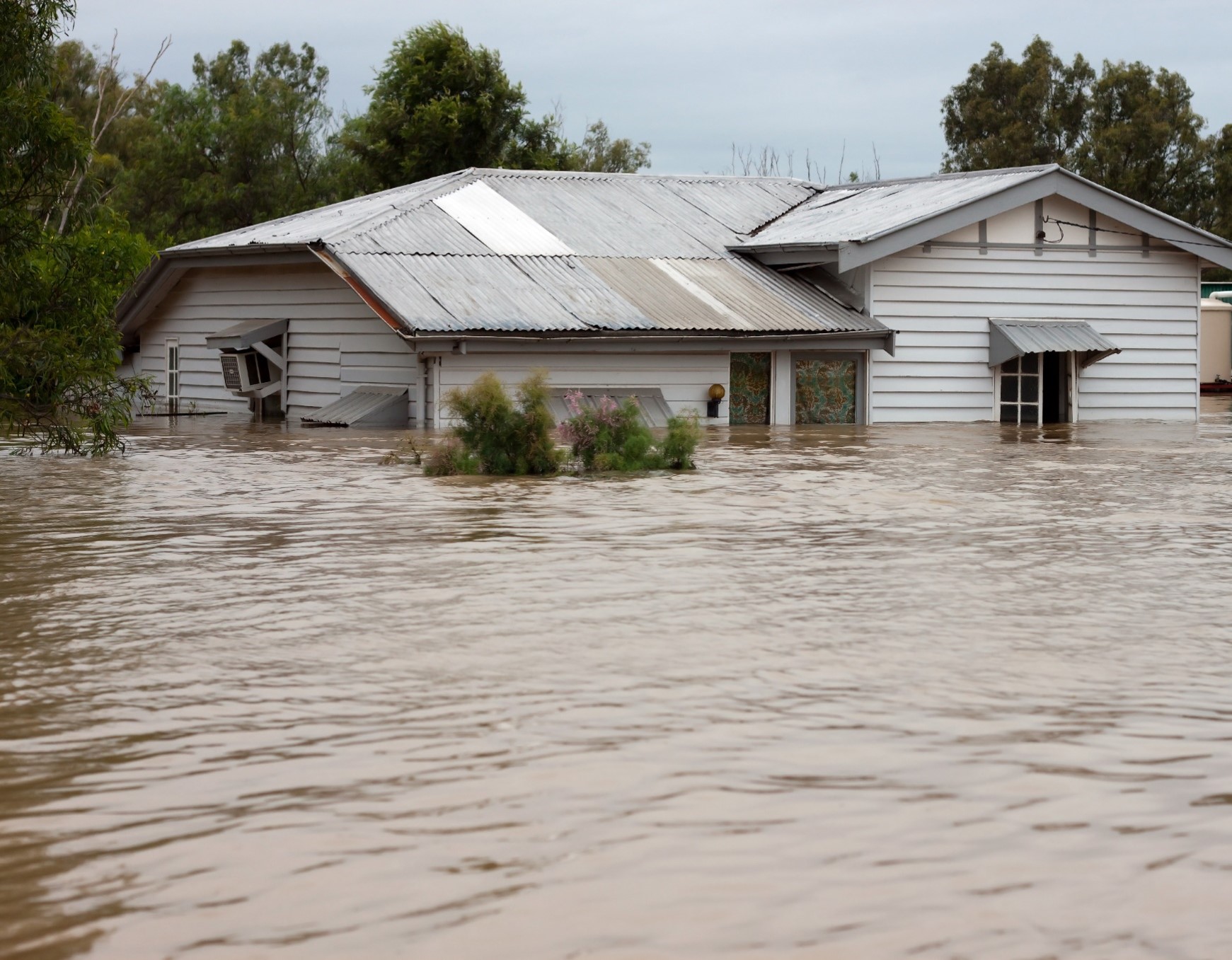Disaster Management

Disaster Event Management
The first days and weeks after an event are crucial to the smooth running of the following months of repairing and returning normality to the insured.
The focus begins with emergency “Make Safes” and cleaning up after severe weather.
Make safes: “Make Safe” is the term for small emergency works that limit the loss to the insurer and help make the property liveable or repairable in the case of floods. This can include the removal of trees from roofs, tarping and emergency repairs to roofs, removal of belongings, and restoration of interior after fire or flood.
In the following weeks and months, the focus switches to Damage Assessment, Scope & Quote of repair works.
Damage Assessments: A Damage Assessment consists of attending property to physically measure and assess the scope of damages that require quoting. We have assessed many hundreds hail and flood repairs from Tasmania, NSW, SEQ to North QLD.
A good assessment will help the repairs develop a complete scope of works for repairs and ensure the KPI’s are met. This also reduces the need for re-assessments and variations to the scope of works during repairs. Many frustrations felt by the Insured during this stressful time are related to poor assessments and incomplete scope of works.
Scope Of Works (SOW): SOW is the complete list of repairs required to return the property to pre-event condition. A good SOW includes clear & complete measurements of both labour and materials split up into small chunks that are allocated to individual trades in specific areas of the property. This scope can be transmitted to other Insurance Builders to be desk-top quoted which helps reduce the impact and delays relating to multiple builders attending site and differing SOW’s.

Contact Us

5 Star Service Excellence
Discover a new level of service excellence with ID Construct All Trades.

Experienced Trades
Our experienced team can project manage and deliver a diverse scope of works.
Key Points
- Event Management controls the distribution of staff and resources to maximise effectiveness and help reduce wastage of time and money.
- Our experience has shown that getting on the ground early and anchoring a local management team will build a base that attracts trades and resources required to achieve the demands of the situation.
- Coordination of assessors, make-safe teams, restoration efforts, and demolition crews, are only possible with a dedicated event management team focused on providing the best response and outcomes for the insured and the insurer.
- Government and charity efforts to respond to disasters benefit from oversight and the management of relief funds, with clear and up-to -date communication from management and supervisors that will not financially benefit from the repair/recovery processes.

